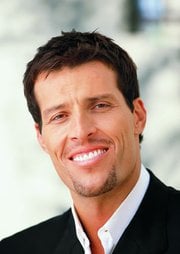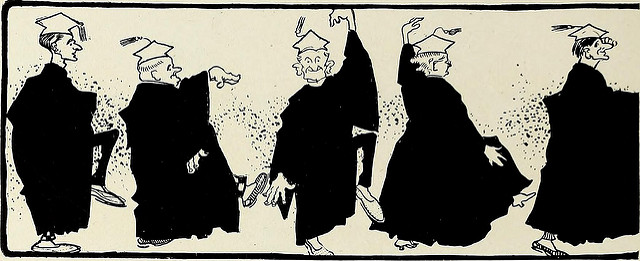 How do coaching, personal development and spirituality cause dysfunction?
How do coaching, personal development and spirituality cause dysfunction?
If you think coaching, personal development programs and spirituality are always good, think again. The tools that coaches use and that personal development gurus and spiritual teachers also may employ are usually great when used in the right situations by people who are ready for them. Try using most of those tools in every situation, though, and you can get yourself in a whole lot of trouble.
Which tools am I talking about? Well, many. But here are a couple of examples that are closely related to each other:
- Seeing the perfection in every situation
- Eliminating the ego
I've coached a lot of people who were 'highly evolved'. They were very spiritual and always saw the beauty, opportunity, learning, etc. in everything and rarely let their egos get in the way.
Their lives were a mess. And they were tough to coach, because they felt good and they thought they were supposed to think that way. People who feel good aren't motivated to change. People who feel good when their lives are a mess are in some ways a little bit crazy (not a diagnosis, just an observation).
Come to think of it, I passed through this stage years ago when I first started meditating. Suddenly, things that used to bother, hurt, or anger me, didn't anymore. It was very freeing. It felt good. I loved it.
And my life started falling apart. Why? I'd lost my boundaries. I got into dysfunctional relationships, because my former warning system, pain, had shut down. I was very forgiving, had but lost the ability to say, 'Hey, this is not okay with me.' Fortunately, I learned to grow past my 'enlightenment'.
Coaches who have drunk too much of the Coaching Cool-aid, sometimes fall for this. They will quickly reframe every challenge as an opportunity. Or they will coach everybody they meet, as if their own needs never even matter. They lose critical skills when they try to show up 'like a coach' in every situation (and they're less effective as coaches).
Skills like:
- Discernment
- Engagement
- Commitment
Procrastination, complacency, and cluelessness may set in. Because after all, everything's great, right? So there's no need to make changes. People may start to avoid them. Relationships, careers, health, and finances begin to fall apart. But all the while, they feel GOOD, because they're stoned on their own endorphins. And like all opiate addicts, they've lost the ability to notice and respond to their environments. Not pretty.
Positive psychology researcher, Barbara Fredrickson, says too much positivity gets us in trouble. People tend to do best when they experience positive thoughts and feelings about 75-90% of the time. Anymore than that and they stop heeding warning signs, miss important details, become over-confident, and lose credibility with others. They may spiral into failure and despair, as a result. That's not what you want for yourself or your clients.
In addition, by choosing in advance to respond to everything in the same way, they are limiting possibilities, rather than expanding them.
Worse yet, they may create shadow behaviors that are acted out out unconsciously. 'No ego' becomes arrogance ('I'm more enlightened than you!'). 'Seeing the perfection' becomes passive aggression (Got a problem? 'Just see the perfection in it, or else you're not 'woke'.)
One of the many things I value about Zen Master Genpo Roshi's teachings is that he takes this problem head on. He calls this level of enlightenment dysfunctional and says a zen master's job is to push you through this stage as quickly as possible. Because otherwise you can get profoundly stuck. Feeling good all the time is very, very seductive.
Not many teachers even recognize this problem. In fact, some of them are actually stuck here, themselves. Many teach that this stage is desirable. Don't get sucked in by that.
Remember the saying, 'When you're going through Hell, keep going'? Well the great thing about Hell is that it feels so awful you want to keep going.
The awful thing about Enlightenment is that it feels so good, you want to stay there. And as soon as you try to hold on to it , you're not enlightened anymore. Delusion is enlightenment's shadow. Keep going.
When you fully engage with life, experiencing pain, resistance and yes, even your ego, you are fully alive, highly functional and - you're enlightened in a mature way. Then you've got the makings of a great coach. Yes, get your ego out of the way and see the perfection when you're coaching your clients. That's your job and it's a huge value to the people you coach. But when you're not coaching, be fully human.
And keep going.
Fully Alive Personal Development with Positive Psychology is a free extra program that's included with the Certified Positive Psychology Coach Program. Learn more about it here:



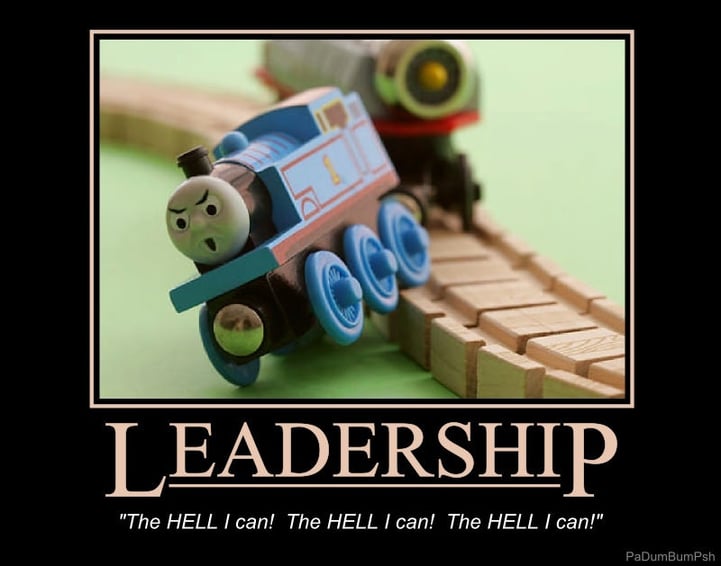

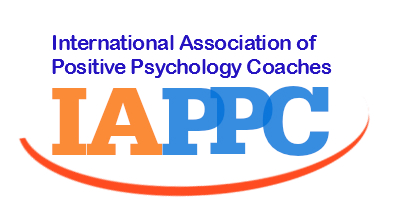


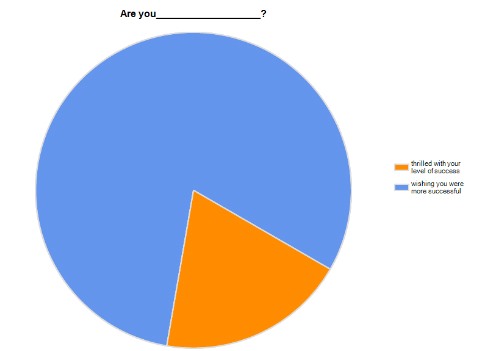
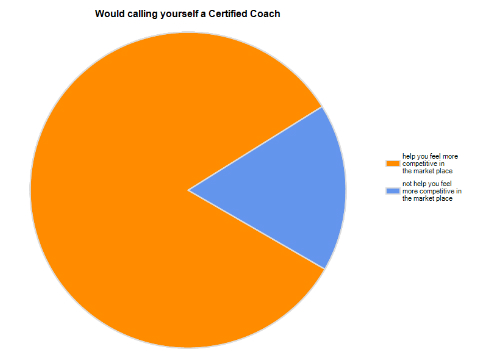
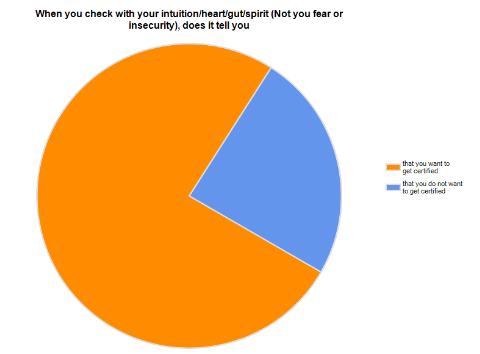

 Do you want to know how to become a life coach? Here’s a quick story that illustrates the experiences of many of the thousands new coaches that I’ve taught, coached, or talked to over the past few years. It shows how to become a successful life coach. Maybe it will help you decide what path to take.
Do you want to know how to become a life coach? Here’s a quick story that illustrates the experiences of many of the thousands new coaches that I’ve taught, coached, or talked to over the past few years. It shows how to become a successful life coach. Maybe it will help you decide what path to take.
